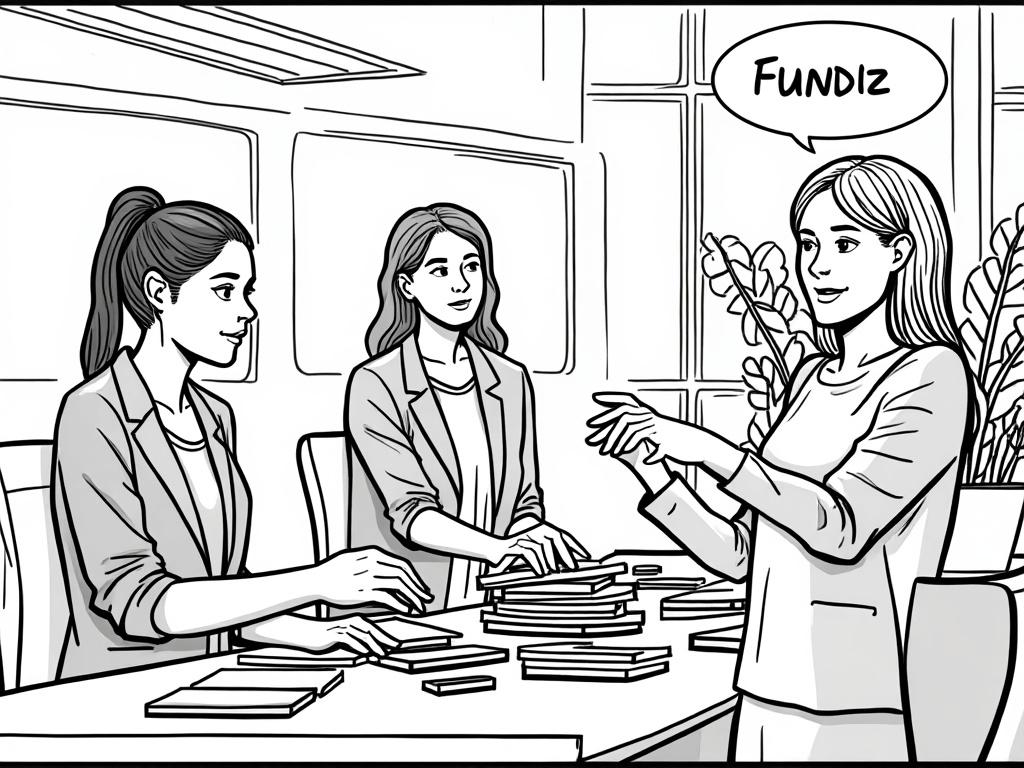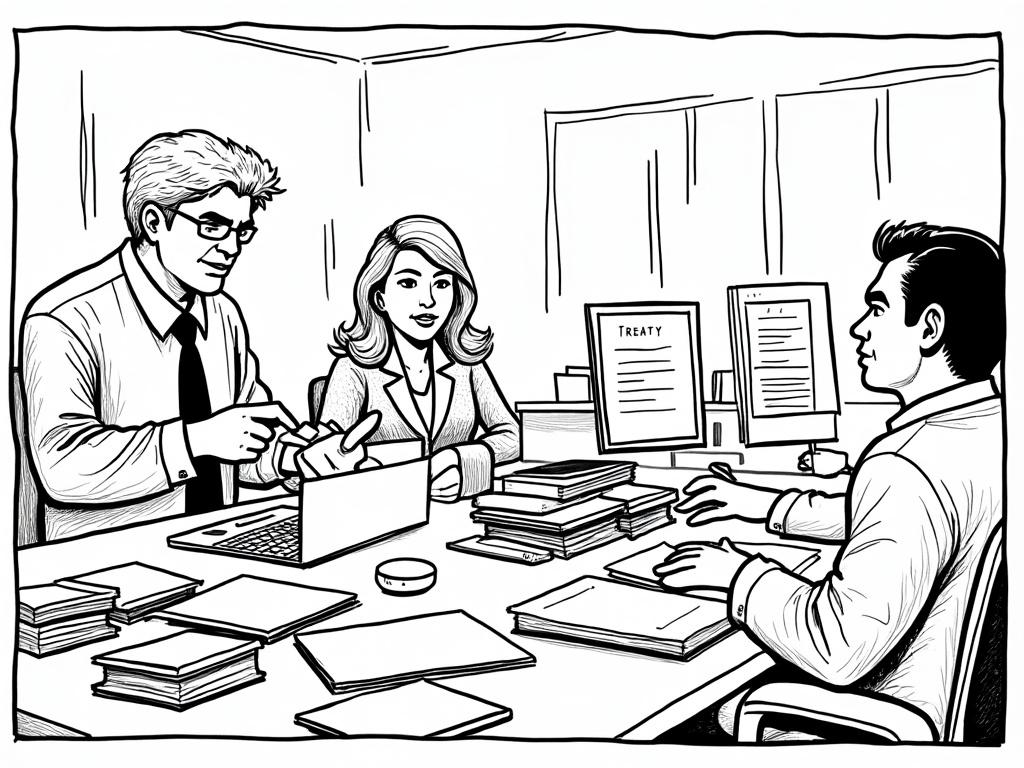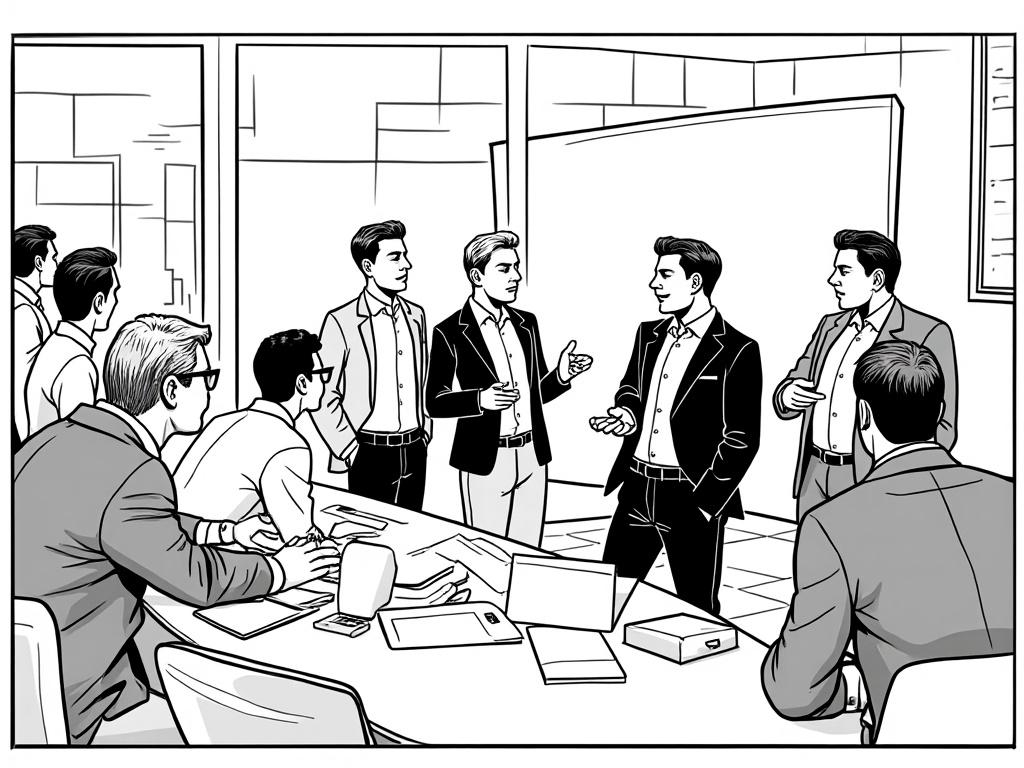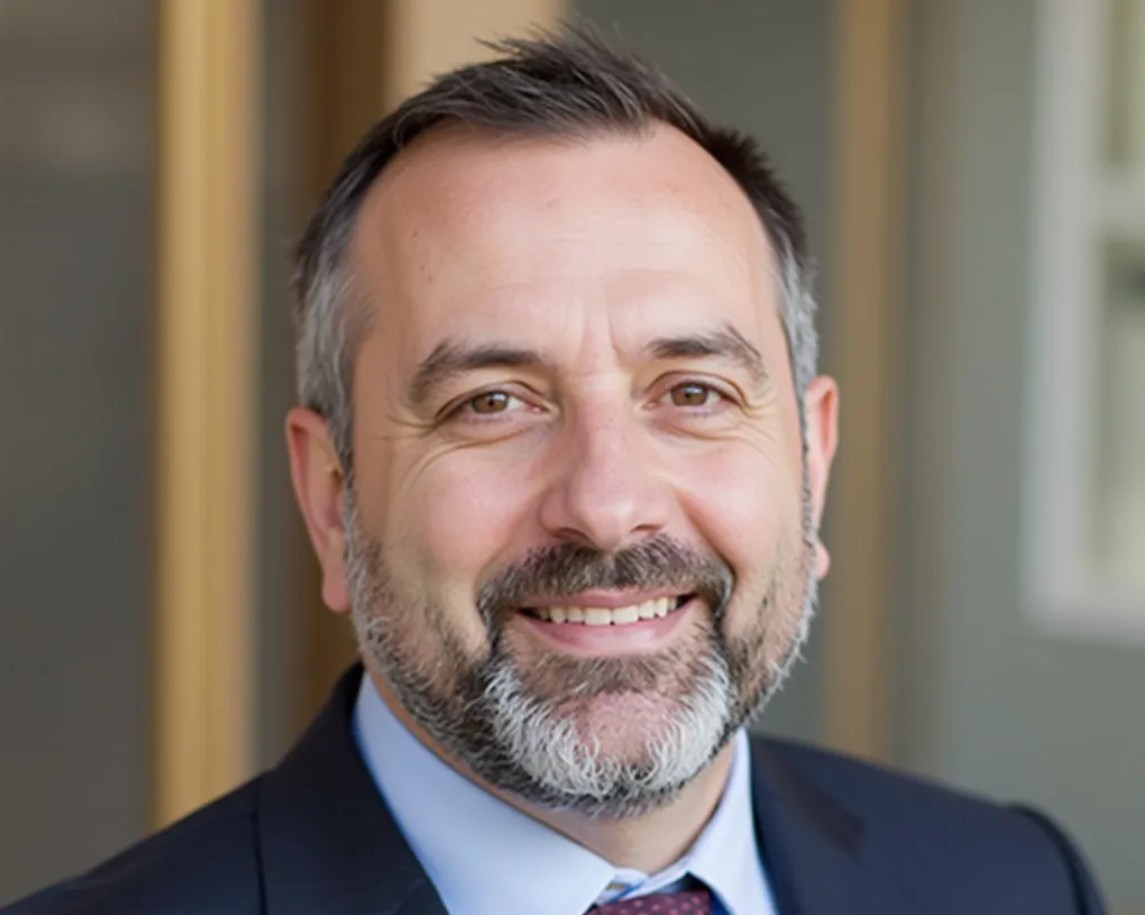
EU Funding and Grants for Greece: Your Complete Guide to Accessing European Financial Opportunities
Reading time: 12 minutes
Ever wondered how Greece has transformed its infrastructure, economy, and innovation landscape over the past decades? The answer lies largely in strategic EU funding utilization. With over €72 billion allocated to Greece through various EU programs since joining the Union, understanding these financial opportunities isn’t just beneficial—it’s essential for businesses, researchers, and organizations looking to thrive in the Greek market.
Table of Contents
- Understanding EU Funding Landscape in Greece
- Major EU Funding Programs Available
- Strategic Application Approaches
- Real Success Stories and Case Studies
- Overcoming Common Application Challenges
- Future-Proofing Your Funding Strategy
- Frequently Asked Questions
Understanding EU Funding Landscape in Greece
Greece’s relationship with EU funding represents one of Europe’s most significant financial partnerships. Since 2014, the country has received approximately €15.5 billion through the European Structural and Investment Funds (ESIF) alone, making it the third-largest beneficiary per capita in the EU.
Here’s the straight talk: EU funding isn’t just about securing money—it’s about strategic positioning in a competitive European marketplace. Whether you’re considering greek property for sale for investment purposes or planning to establish operations, understanding available funding mechanisms can significantly impact your ROI.
Current Funding Climate
The 2021-2027 programming period brings unprecedented opportunities for Greece, with €20.4 billion allocated across multiple programs. This represents a 15% increase from the previous period, reflecting the EU’s commitment to supporting Greece’s economic recovery and digital transformation.
Key Focus Areas:
- Digital transformation and innovation (28% of total allocation)
- Green transition and environmental sustainability (35%)
- Social cohesion and employment (20%)
- Infrastructure development (17%)
Eligibility Landscape
Understanding who can access EU funding in Greece involves navigating multiple criteria layers. Greek entities, including businesses registered in Greece, public institutions, NGOs, and research organizations, form the primary beneficiary base. However, international partnerships often strengthen applications significantly.
Pro Tip: The most successful applicants don’t just meet minimum requirements—they demonstrate clear alignment with EU strategic priorities while addressing specific Greek market needs.
Major EU Funding Programs Available
Navigating the EU funding ecosystem requires understanding distinct program characteristics and their specific advantages for Greek applicants.
European Regional Development Fund (ERDF)
The ERDF represents Greece’s largest funding source, with €8.2 billion allocated for 2021-2027. This program focuses on strengthening economic, social, and territorial cohesion by correcting regional imbalances.
Priority Investment Areas:
- Smart specialization and innovation ecosystems
- Digital connectivity and e-government services
- SME competitiveness and entrepreneurship
- Low-carbon economy transition
Horizon Europe
With a total budget of €95.5 billion for 2021-2027, Horizon Europe offers substantial opportunities for Greek research institutions and innovative companies. Greek organizations have historically achieved a 1.8% success rate, slightly above the EU average.
Success Story: The University of Athens secured €3.2 million in 2023 for developing sustainable urban mobility solutions, demonstrating how Greek institutions can compete effectively in this highly competitive program.
Recovery and Resilience Facility (RRF)
Greece’s National Recovery and Resilience Plan received €30.5 billion approval, representing the country’s largest EU funding allocation ever. This program specifically targets post-pandemic recovery while accelerating green and digital transitions.
| Program | Budget (2021-2027) | Success Rate | Primary Focus |
|---|---|---|---|
| ERDF | €8.2 billion | 65% | Regional Development |
| Horizon Europe | €95.5 billion (EU-wide) | 12% | Research & Innovation |
| ERASMUS+ | €26.2 billion (EU-wide) | 45% | Education & Training |
| LIFE Programme | €5.4 billion (EU-wide) | 28% | Environment & Climate |
| Creative Europe | €2.4 billion (EU-wide) | 22% | Culture & Media |
Strategic Application Approaches
Successful EU funding applications require more than just meeting basic criteria—they demand strategic thinking and meticulous preparation.
Pre-Application Research Phase
Before diving into application writing, successful applicants invest 40-60 hours in comprehensive research. This includes analyzing successful projects, understanding evaluator perspectives, and identifying potential partnerships.
Research Checklist:
- Study 5-10 successful projects in your sector
- Analyze evaluation reports and feedback
- Identify potential consortium partners
- Map your project against EU policy priorities
- Calculate realistic budget allocations
Partnership Development
Greek applicants often strengthen their proposals through strategic partnerships. 85% of successful Horizon Europe applications from Greece included international partners, compared to 45% for unsuccessful ones.
Quick Scenario: Imagine you’re developing a sustainable tourism platform. Partnering with a German technology company, an Italian marketing agency, and a Spanish sustainability consultant doesn’t just add expertise—it demonstrates European added value that evaluators actively seek.
EU Program Success Rates for Greek Applicants
65%
45%
28%
22%
12%
Real Success Stories and Case Studies
Case Study 1: Green Technology Startup Revolution
Company: SolarTech Hellas
Funding Received: €2.4 million (ERDF)
Project Duration: 36 months
SolarTech Hellas, a Thessaloniki-based renewable energy startup, exemplifies strategic EU funding utilization. Their project focused on developing innovative photovoltaic systems specifically designed for Mediterranean climates.
Success Factors:
- Clear market analysis demonstrating 40% efficiency improvement
- Partnership with University of Patras for R&D credibility
- Detailed commercialization plan with projected 200 jobs creation
- Strong environmental impact assessment
The company now exports to 12 EU countries and employs 85 people, demonstrating how EU funding can catalyze substantial economic impact.
Case Study 2: Cultural Heritage Digital Transformation
Organization: Hellenic Heritage Foundation
Funding Received: €1.8 million (Creative Europe)
Impact: 15 archaeological sites digitized
This project created immersive virtual reality experiences for Greece’s archaeological treasures, reaching over 2 million international visitors through digital platforms. The foundation’s success stemmed from combining cultural preservation with cutting-edge technology, addressing both heritage protection and tourism innovation.
Overcoming Common Application Challenges
Understanding typical pitfalls can significantly improve your application success rate. Based on evaluator feedback and application statistics, here are the most frequent challenges Greek applicants face:
Challenge 1: Insufficient Impact Demonstration
Problem: 60% of rejected applications fail to clearly articulate expected impact and measurable outcomes.
Solution: Develop a comprehensive impact framework using SMART criteria (Specific, Measurable, Achievable, Relevant, Time-bound). Include both quantitative metrics (jobs created, revenue generated, CO2 reduced) and qualitative indicators (capacity building, knowledge transfer).
Challenge 2: Budget Justification Weaknesses
Problem: Many applications present unrealistic or poorly justified budget allocations.
Solution: Create detailed budget narratives linking each cost category to specific project activities. Use market research to justify personnel costs and equipment prices. Include contingency planning for 10-15% budget variations.
Challenge 3: Partnership Coordination Issues
Problem: Consortium applications often fail due to unclear role distribution and communication gaps.
Solution: Establish formal partnership agreements before application submission. Define clear work packages, deliverables, and communication protocols. Conduct joint partnership meetings to ensure alignment.
Expert Insight: “The most successful Greek applicants treat EU funding applications as business development exercises, not just funding requests. They demonstrate clear value propositions and realistic implementation strategies.” – Maria Konstantinou, EU Funding Consultant with 15 years experience
Your Strategic Funding Roadmap
As we look toward the remaining years of the 2021-2027 programming period, several trends will shape EU funding opportunities in Greece:
Emerging Priority Areas
Digital Sovereignty Initiatives: With cybersecurity concerns growing, expect increased funding for digital infrastructure projects that enhance European technological independence.
Climate Adaptation Projects: Greece’s vulnerability to climate change creates significant opportunities for adaptation and resilience projects, particularly in coastal areas and agricultural regions.
Circular Economy Innovation: The EU’s commitment to achieving climate neutrality by 2050 prioritizes circular economy solutions, creating opportunities for waste reduction and resource efficiency projects.
Action-Oriented Next Steps
Ready to transform complexity into competitive advantage? Here’s your immediate implementation roadmap:
- Conduct Opportunity Mapping (Week 1-2): Identify 3-5 relevant funding programs aligned with your organization’s strategic objectives
- Build Partnership Network (Week 3-6): Establish relationships with potential consortium partners across Europe
- Develop Project Pipeline (Month 2-3): Create detailed project concepts for 2-3 priority funding opportunities
- Strengthen Organizational Capacity (Month 4-6): Invest in proposal writing training and project management capabilities
- Submit Strategic Applications (Month 6+): Focus on quality over quantity, targeting programs where you have strongest competitive advantage
The landscape of EU funding in Greece represents more than financial opportunity—it’s a pathway to innovation, growth, and European integration. Whether you’re establishing new operations, expanding existing activities, or exploring investment opportunities in Greek markets, understanding and leveraging EU funding can provide significant competitive advantages.
As Greece continues its digital and green transformation journey, supported by unprecedented EU financial resources, the question isn’t whether opportunities exist—it’s whether you’re positioned to capitalize on them. What strategic advantage will you build through EU funding partnerships?
Frequently Asked Questions
What are the minimum requirements for Greek organizations to access EU funding?
Greek organizations must be legally established entities registered in Greece, maintain good financial standing, and demonstrate capacity to implement proposed projects. Specific requirements vary by program, but generally include: valid tax registration, no bankruptcy proceedings, compliance with EU state aid regulations, and adequate financial management systems. Most programs also require co-financing contributions ranging from 15-50% of total project costs.
How long does the EU funding application process typically take in Greece?
The application timeline varies significantly by program. ERDF applications typically take 6-9 months from submission to decision, while Horizon Europe evaluations require 5-6 months. However, successful applicants usually invest 3-6 months in preparation before submission. Factor in additional time for contract negotiations (2-4 months) and project launch procedures. Overall, expect 12-18 months from initial concept to project implementation start.
Can international companies partner with Greek organizations for EU funding applications?
Yes, international partnerships are not only allowed but often encouraged, particularly in research and innovation programs. However, funding distribution rules vary by program. In Horizon Europe, non-EU partners can receive funding under specific conditions. For ERDF programs, international partners typically participate without direct funding but can provide in-kind contributions. The key is ensuring the partnership demonstrates clear European added value and strengthens the overall project proposal.

Article reviewed by Arthur Pembridge, Agricultural Land Investor | Sustainable Farming & Timberland, on June 4, 2025




